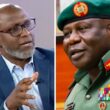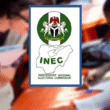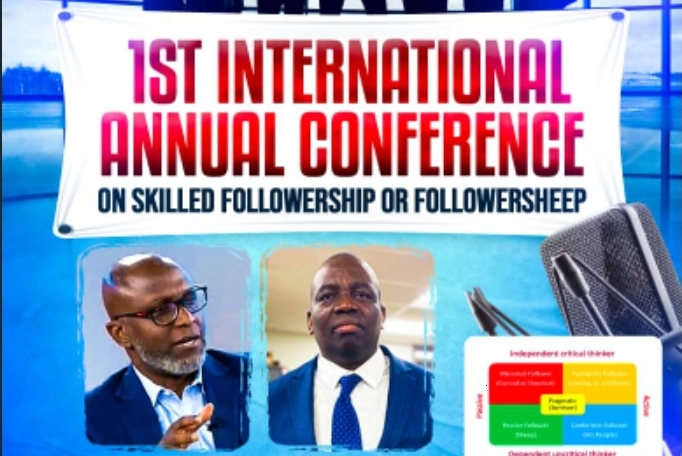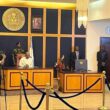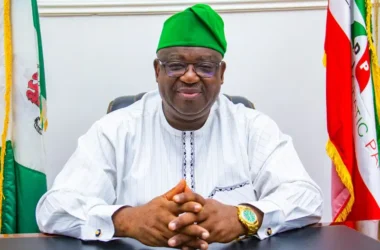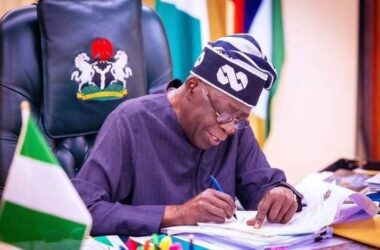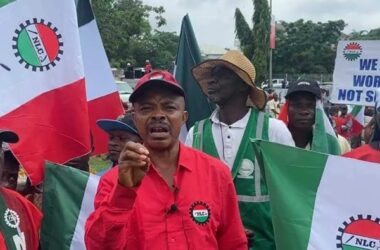The inaugural Followership Conference kicked off with thought-provoking discussions on the crucial role of media in shaping public engagement and governance.
The event, organized by Empowered Newswire and the Panafricana Strategic and Policy Research Group (PANAFSTRAG), brought together scholars, journalists, policymakers, and civil society leaders, including Dr. Festus Ogunmola of Greatway Foundation, UK; Mr Busuyi Onabolu, Rotary Project Manager; Dr Rose Lordah, Agunbiade Funmilola of Olabisi Onabanjo University; Dr. Ann James of Taraba State University; Adeyemi Oluwaseye of Olabisi Onabanjo University; Dr. Animashaun Olaniyi of Olabisi Onabanjo University; Dr. Samuel Oloruntoba, keynote speaker, from the Carleton University.
Pan-Africana Strategic and Policy Research Group (PANAFSTRAG) is a group of willing African people coming together voluntarily to deliver original thinking in several areas on the continent.
Veteran journalist, public affairs commentator, and former presidential aide Laolu Akande who served as Chairman of the occasion delivered his opening remarks highlighting the media’s responsibility in fostering accountability and civic participation.
He stressed that while leadership is often scrutinized, followership remains a neglected yet vital aspect of governance. According to him, an enlightened and responsible citizenry is necessary for ensuring democratic institutions function effectively.
Akande described the media as the primary public square where Nigerians engage, debate, and shape the future of the nation.
“There is no village square where Nigerians meet apart from the media,” Akande said, stressing that journalists, broadcasters, and digital media influencers have a responsibility to bridge the gap between leadership and followership. According to him, informed and engaged citizens are essential for national progress, and the media plays a crucial role in ensuring that the public remains knowledgeable about governance and policy decisions.
Citing an example of a past infrastructural project in Ifewara, Osun State, Akande highlighted the role of the media in shaping narratives and dispelling misconceptions. He referred to the controversy surrounding a road project between the Redeemed Christian Church of God and the former Minister of Works, Babatunde Fashola.
There was a lot of misinformation surrounding the road project in Ifewara. Many people assumed that it was solely a church-funded initiative, but the reality was more complex. It was the media that helped clarify the details, ensuring that the public had the right information, he explained.
Akande further stressed the importance of responsible journalism, noting that an active followership depends on a well-informed public. “If the media fails to provide accurate and objective information, then democracy itself is at risk. Citizens must not only consume news but must also engage critically with the issues being presented,” he said.
Joining the discourse, retired military officer Gen. Ishola Williams (rtd) and other distinguished speakers underscored the need for a more structured and proactive approach to followership.
Gen. Williams emphasized that organised followership—where citizens actively participate in governance, policy discussions, and national decision-making—serves as the foundation for any successful democracy.
Other speakers, including civic engagement experts, media practitioners, and governance analysts, examined the challenges of political apathy, misinformation, and weak civic education, all of which hinder effective followership. They proposed strategies such as community-driven initiatives, media literacy programs, and increased youth participation in politics as ways to foster a more active and responsible citizenry.
The conference served as a platform for robust dialogue on bridging the gap between leadership and followership in Nigeria.
Participants agreed that strengthening civic education, encouraging media responsibility, and promoting structured citizen engagement are essential steps toward building a more accountable and responsive government.
The two-day event continues on Thursday 27 March 2025.



